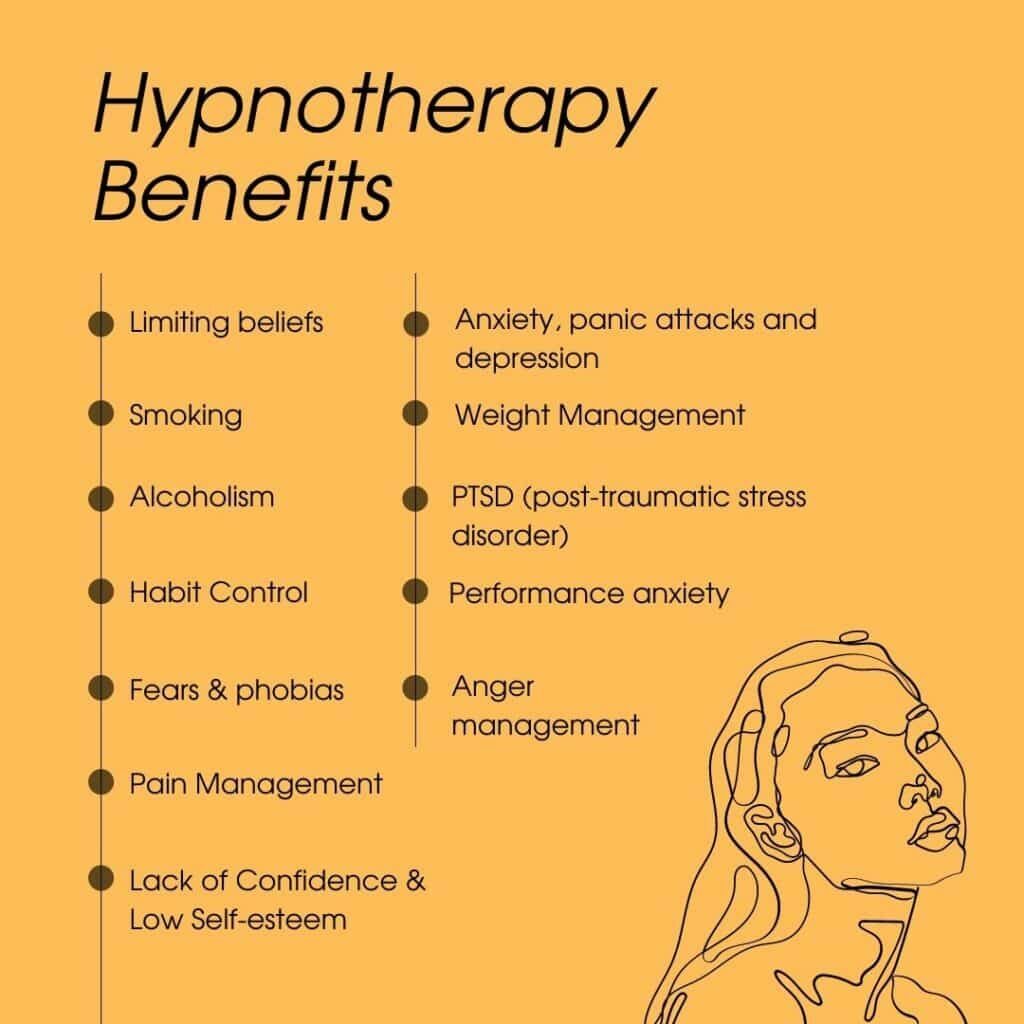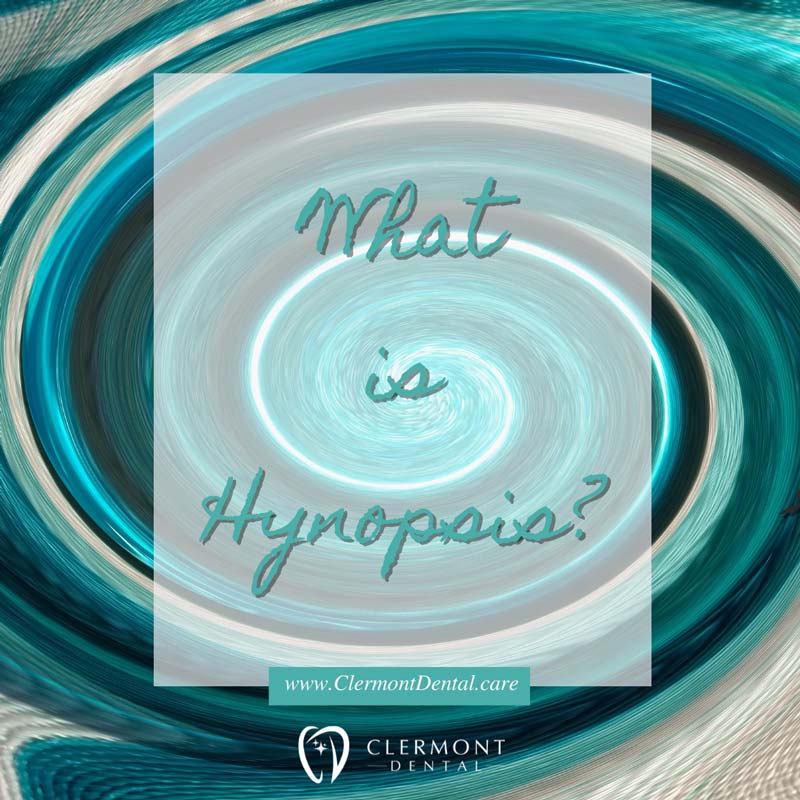Let’s talk about HYPNOSIS…
What is Hypnosis?
Rest assured, the televised versions of hypnosis or the stage hypnosis some might have seen are very far from what Clinical Hypnosis is. Dr. Safavi has dedicated the past 15 years to training and learning Clinical Hypnosis as a tool to help our patients.

Hypnosis is a natural state of mind that we all experience daily throughout our lives. It is a state where our conscious and subconscious minds work together to create new ideas, beliefs, and behaviors.
What does that mean?
Hypnosis is focused attention. It allows us to tap into our creative potential and uncover abilities within ourselves that may have been buried deep down inside all along!
So what could we expect?
As mentioned earlier, Hypnosis is a safe, natural state of mind in which a person becomes absorbed, deeply relaxed, and highly suggestible.
Expect to feel relaxed, and safe. Also bearing in mind that a hypnotic trance feels similar to the state between wakefulness and sleep when you can be easily awakened if interrupted. Your mind and body are in a state of deep relaxation. Your muscles will be relaxed, but not floppy. In this relaxed state, you can focus easily and concentrate on a voice without distraction from outside stimuli or thoughts coming into your head.

While in this trance, one becomes more open to hypnotic suggestions. Hypnotic suggestion is a form of communication that instructs the subconscious mind to perform certain tasks for you such as attaining goals or making lifestyle changes. It’s not sleep but an enhanced state of awareness that enables you to let go of resistance and make positive changes.
Clinical Hypnosis
Clinical hypnosis is a guided mental state with heightened suggestibility and relaxation. It can be used to help patients change their behavior or overcome phobias or addictions, or to enhance the mind-body connection in order to promote healing and health.
It’s important to note that clinical hypnosis differs significantly from meditation, trance, and sleep — all of which are common states of consciousness experienced daily by billions of people around the world. Clinical hypnosis is also different from daydreaming, which does not involve deep relaxation or higher suggestibility.

Loss of Control
As an approved consultant and member of the teaching committee at the American Society of Clinical Hypnosis, Dr. Safavi can assure you that a Clinical Hypnosis Therapist will never be able to make you do anything that you do not want to do, and you will not be asleep during hypnosis. You can make all the decisions about your own life. You will always be in control.
Hypnotists guide the mind so that the imagination becomes focused on a certain idea, such as relaxing images by the water, pain relief for an injury, a present aroma or kinesthetic sensation. Once the imagination is focused on this idea, it becomes easier to relax and experience these things in reality.
A clinical hypnotherapist can only help one achieve an outcome that one has requested and agreed upon.
Conclusion
The idea of hypnosis is a little mysterious to some people, but the truth is that it’s just a state of mind. Hypnosis is “Focused attentionâ€. Hypnosis cannot be forced onto someone unwillingly; it is not a form of mind control. It’s important for people who want to explore this tool for relaxation and self-improvement, to understand that it involves voluntary participation by both parties—the hypnotist and their subject. The hypnotist has no power over the recipient once they’ve agreed to participate in hypnosis together. You are always in control. Call us for a free consultation session and let the changes begin!








